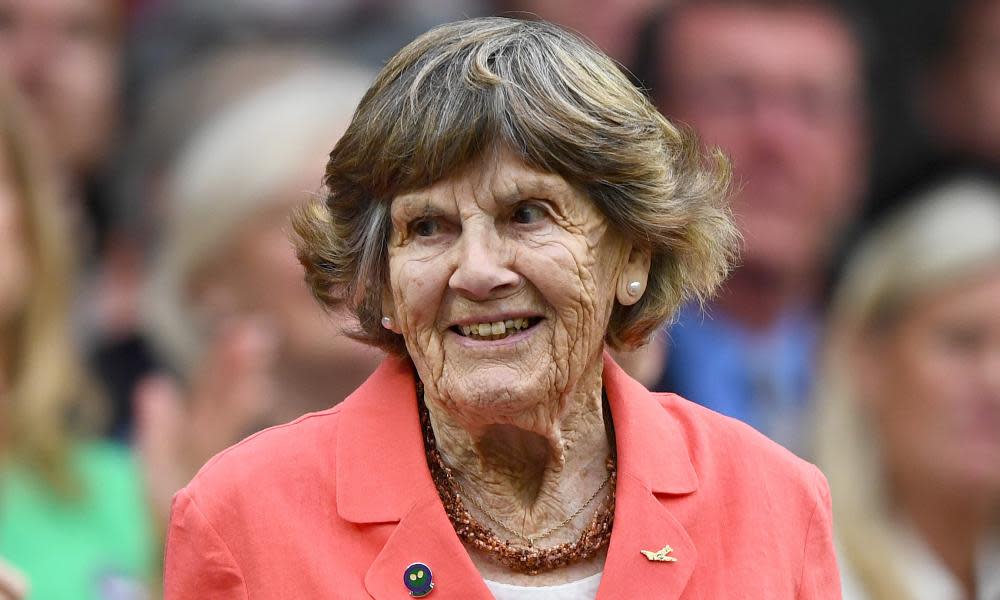Joy Lofthouse, second world war pilot and trailblazer, dies at 94

The trailblazing second world war pilot Joy Lofthouse, who flew bombers and fighter aircraft for the Air Transport Auxiliary (ATA) during the conflict, has died aged 94.
Lofthouse was part of a small group of female pilots, known as the “Atagirls”, based in White Waltham, Berkshire, who flew aircraft to the frontline between 1940 and 1945, including Barracuda bombers, Mustang fighters and Spitfires.
She joined the ATA with her sister in 1943 after spotting a magazine advert that encouraged women to learn to fly. Speaking in 2015, she said becoming a pilot to help the war effort had “sounded better than working in a bank”.
“I’d never even been in an aeroplane and I didn’t even drive a car, so I learned to fly before I could drive,” she told the BBC. “The freedom of being up there in the air, you know? The wide open spaces and seeing the ground from the air. You never took it for granted. You were thrilled every time.”
Lofthouse, from South Cerney in Gloucestershire, was one of at least 164 female and 1,153 male pilots who flew planes from factories to the frontline during the war.
“Other women, certainly, were envious of our job because all women were doing something during the war, and there we were flying aeroplanes. And they paid us for it, too. We were doing just about the most exciting job there was to be done by women in the war,” she said in 2015.
She recalled that ATA women competed to fly as many different models of aircraft as possible, but the Spitfire was the most desirable.
“Of course I remember the first day I ever flew a Spitfire, because that was the first day of our training. It was quite the fastest thing you’d ever flown. But my big worry, the first time I flew it, was whether I’d lose the airfield. You’re so busy looking at the cockpit, and then you shut the hood and you’re miles away by then because it was going so fast.”
ATA pilots often flew alone with no navigation aides, and the auxiliary incurred 156 casualties, largely caused by bad weather. The organisation was disbanded after the war.
“I missed flying dreadfully when we first stopped,” she told the BBC. “I think I last flew in September 1945, and I thought to myself: what am I going to do for the rest of my life? I am never going to do anything as exciting as this again – and I was probably right.”

 Yahoo News
Yahoo News 
